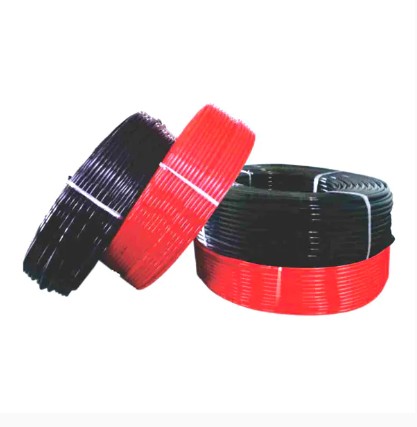
User Exploring the Versatility of Resin Tubes: A Revolutionary Advancement in Materials Engineering
Materials engineering plays a vital role in shaping the future of various industries. Among the groundbreaking advancements in this field, resin tubes have emerged as a versatile and revolutionary material. Resin tubes are engineered products that harness the unique properties of resins to address a wide array of applications.
Resin tubes are hollow structures composed of polymer-based resins. These resins exhibit exceptional durability, flexibility, and resistance to environmental factors, making them ideal for various engineering applications. The tubes can be crafted with different resin compositions to tailor their properties according to specific requirements.
Key Properties of Resin Tubes:
a. Lightweight and Strong: Resin tubes possess a remarkable strength-to-weight ratio, making them an excellent choice for structural components in aerospace, automotive, and construction industries.
b. Corrosion Resistance: The inert nature of resins ensures that these tubes can withstand harsh chemical environments, reducing maintenance needs and extending the service life of equipment.
c. Thermal Stability: Resin tubes can withstand high temperatures, making them suitable for applications in heat exchangers and electronic devices.
d. Dielectric Properties: Their excellent insulating properties make resin tubes an essential component in electrical and electronic systems.
e. Water Resistance: Resin tubes are highly impermeable to moisture, preventing water ingress and making them valuable for marine and underground applications.
Applications of Resin Tubes:
a. Aerospace and Aviation: Resin tubes are employed in aircraft components, such as fuel lines, hydraulic systems, and structural reinforcements, due to their lightweight and high-strength characteristics.
b. Automotive Industry: Resin tubes find applications in automotive fuel systems, brake lines, and cooling systems, replacing traditional metal counterparts to improve fuel efficiency and reduce vehicle weight.
c. Construction and Infrastructure: Resin tubes are used in the construction of bridges, pipelines, and underground tunnels, providing corrosion resistance and durability, even in challenging environments.
d. Electronics: Their dielectric properties make resin tubes essential for insulating and protecting electrical wires, connectors, and other sensitive electronic components.
e. Medical Devices: Resin tubes are utilized in medical applications such as catheters and endoscopy equipment due to their biocompatibility and flexibility.
f. Renewable Energy: Resin tubes are employed in wind turbine blades and solar panels, contributing to the advancement of renewable energy technologies.

 English
English 简体中文
简体中文



